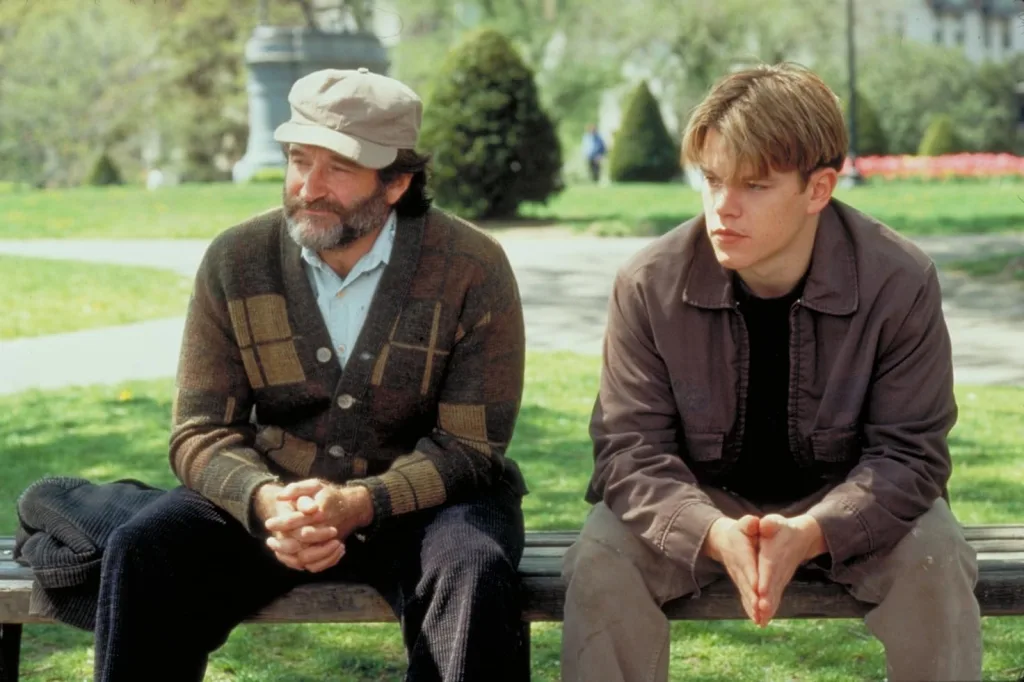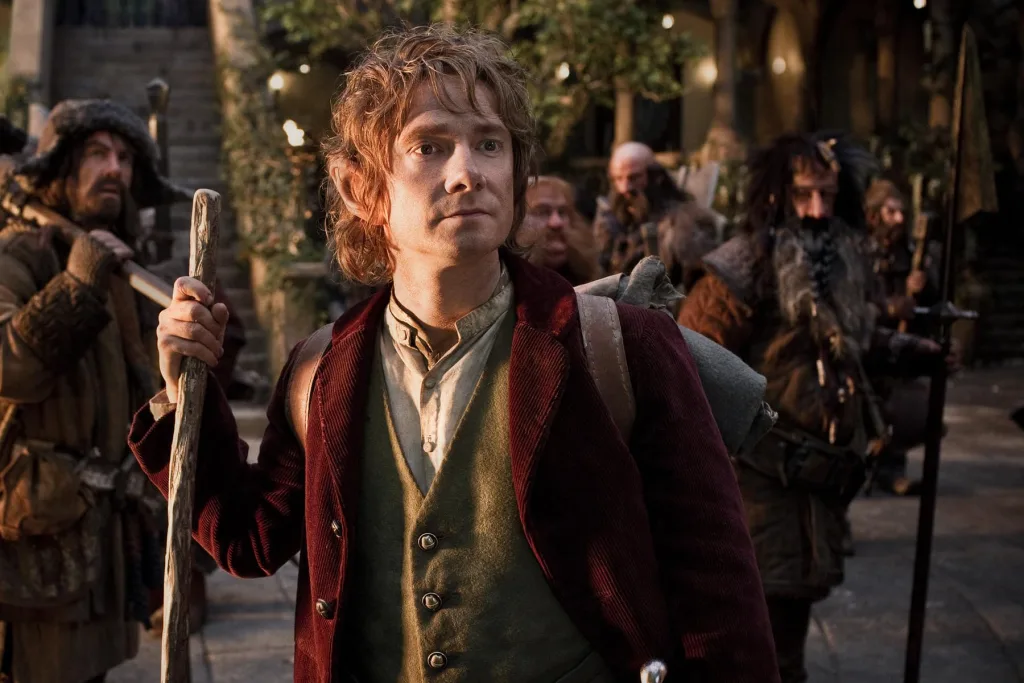In The Lord of The Rings and the Hobbit, the wise wizards and Elves of Middle Earth meet in the White Council to discuss and counterbalance evil. During one of their meetings, Gandalf, one of the wisest wizards of his time, speaks about the return of the demonic spirit of Sauron in the form of a Necromancer.
Saruman explains that Sauron could never return without The One Ring. He goes on trying to convince the rest of the council that evil has not returned and denies the existence of Sauron. Gandalf, deeply concerned about Saruman’s denial, warns that evil is growing in strength and that the Necromancer is indeed Sauron. The council is unsure who to believe.
The denial of evil
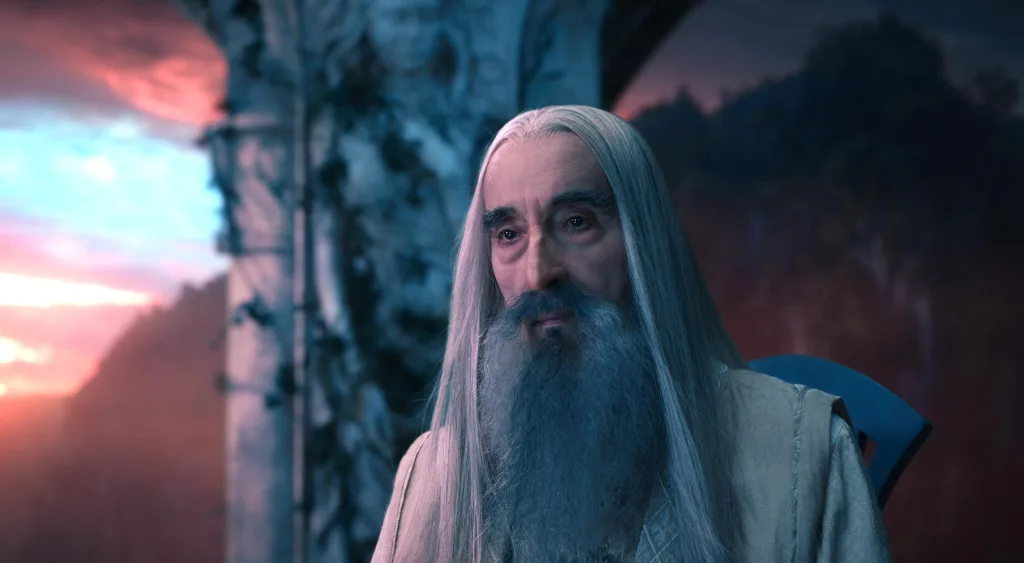
When evil, or anything deemed unacceptable, is denied, it turns to unwanted forms of expression. Saruman’s dismissal of malice is therefore a testament to his lack of wisdom, or – considering his skills and knowledge – a calculated Machiavellian hunger for power. Without proper attention and acknowledgement, evil has room to grow. This theme is prevalent in many stories.
In the epic story of Game of Thrones, the people of Westeros have built a massive ice wall against the dark forces that live beyond it. Many deny that the White Walkers – the zombie folks that live in the cold and snowy plains beyond the wall – exist and believe that they were wiped out long ago.
The Land of Always Winter is symbolic for the things that we wish that weren’t there. It is everything we do not consciously and rationally approve of. We build metaphorical walls to protect us from those things. But no matter how high those walls are or how deep we bury these undesirable objects, they are coming for us, one way or another.
Willful blindness
In “Harry Potter and the Philosopher’s Stone”, the motif of willful blindness is introduced in the very first lines: “Mr and Mrs Dursley, of number four, Privet Drive, were proud to say that they were perfectly normal, thank you very much. They were the last people you’d expect to be involved in anything strange or mysterious, because they just didn’t hold with such nonsense.” This immediately establishes the Dursleys’ deliberate ignorance of the magical world. It is no coincidence that precisely they are the ones to find the young Harry Potter on their doorstep.
The wizarding world clings to the belief that Voldemort was vanquished when he failed to kill Harry Potter. This collective denial persists even as the Dark Lord regains his full power, demonstrating a widespread unawareness to the looming threat.
Cornelius Fudge, the Minister for Magic who initially was so insecure in his position that he bombarded Dumbledore with letters for advice, abuses his authority to prevent the news that Voldemort had returned from spreading. Fudge is convinced that consciously denying the existence of the darkness will magically make it go away. Facing Voldemort is too painful and overcoming him too unlikely.
The shadow’s grip
In all these stories, the characters deny the existence of evil. Saruman denies evil for his own personal gain, as we later learn in The Lord of the Rings, as he joins forces with Sauron and builds an army of Uruk-hai. Cornelius Fudge is simply living in a fantasy, willfully blind for the rising malevolence of Voldemort.
From a psychological perspective, suppressed or denied aspects of ourselves can resurface as projections, a phenomenon coined by Freud. A projection arises, when we mistakenly perceive internal thoughts or feelings as originating from external sources. When this happens, we blame another person or group for our own defects and problems, which is quite a prevalent theme nowadays. Projections are also the foundation of ideologies, where we project an ideal image onto something outside of us.
Marie-Louise Von Franz, a Jungian analyst, extended the concept of projection, suggesting that “wherever known reality stops, where we touch the unknown, there we project an archetypal image”. In other words, when we encounter situations or experiences that lie beyond our conscious understanding, we tend to fill that gap with powerful, universal symbols from the collective unconscious.
This also happens when we experience strong fantasies. As an example, when you fantasize about sabotaging the car of the annoying person that cuts you off at the supermarket or having an affair with an attractive neighbor, you project those things that you rationally find offensive or distasteful onto the outer world.
Just as Cornelius Fudge chooses to ignore evil and allows it to fester and grow, repressing our own undesirable impulses can have similarly devastating consequences. By dismissing our own proclivity towards evil, we create a breeding ground for their insidious influence. Like the unseen threat of Sauron or Voldemort, these repressed impulses gain power in the shadows, until they erupt in unexpected and destructive ways. Whether it’s projecting our own flaws onto others or acting out the temptations we’ve tried to deny, the refusal to confront our inner darkness can lead to a personal and collective collapse. And there is no wall that can shield us from it.
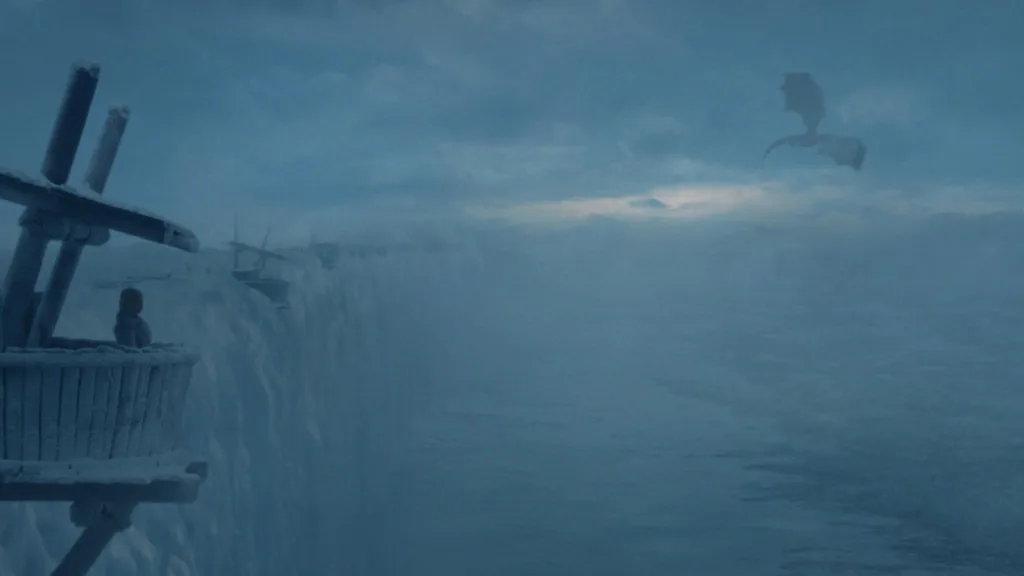
Living with evil
So how do we navigate this complexity? How can we effectively address evil, both within and without? The answer lies in confronting and coming to terms with our own destructive tendencies. We must strive for a peaceful coexistence with these aspects of ourselves, rather than attempting to banish or cognitively dismiss them.
Merely accepting and acknowledging the existence of these inner motivations isn’t enough. We have to take the time to profoundly understand and integrate them. This is where shadow work can be highly beneficial. The shadow, as defined in psychology, encompasses all that we cannot see in ourselves—our hidden desires, fears, and vulnerabilities.
Another potent tool for engaging with the shadow is journaling. Through the act of writing, we can give voice to these repressed parts and allow them to be heard. And the better you become at expressing these impulses, the richer and more nuanced your understanding becomes. However, it’s a challenging endeavor to engage with the shadow. It demands considerable skill and probably the guidance of a professional to navigate effectively.
Ultimately, facing our darkest parts requires courage. But it is a necessary step, as long as we don’t want to follow their unconscious demands for the rest of our lives.
All images on this page are copyrighted by Warner Bros. Entertainment Inc. and HBO, are used here for illustrative purposes under fair use. No infringement intended.

